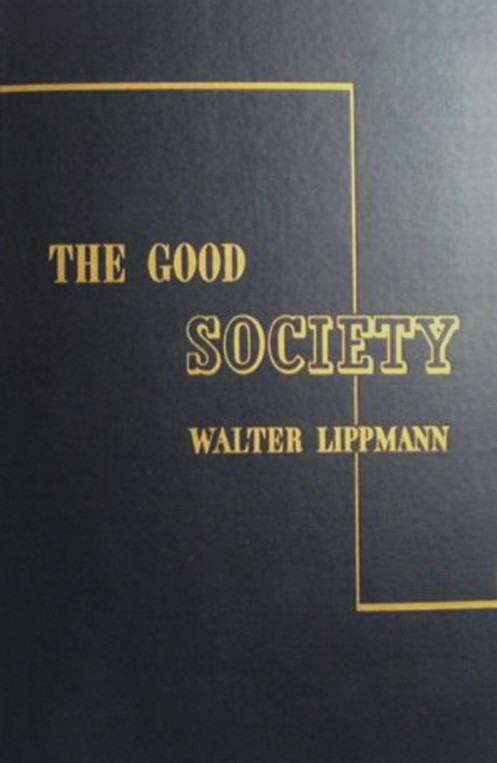Jim Ellis: Derek Jarman’s Angelic Conversations (2009)
Filed under book | Tags: · activism, aesthetics, art, biography, film, politics, punk, situationists

Best known as an iconoclastic, wildly inventive filmmaker, Derek Jarman was also an accomplished author, painter, and landscape artist. In Derek Jarman’s Angelic Conversations, Jim Ellis considers Jarman’s wide-ranging oeuvre to present a broad perspective on the career and life of one of the most provocative, engaged, and important artists of the twentieth century.
Derek Jarman’s Angelic Conversations analyzes Jarman’s work—including his famous films Caravaggio, Jubilee, Edward II, Blue, and Sebastiane—in relation to his critiques of the government and his activism in the gay community, from the liberationist movement to the AIDS epidemic. While others have frequently focused on Jarman’s biography, Ellis looks at how his politics and aesthetics are intertwined to comprehend his most radical aspects, particularly in films such as War Requiem and The Last of England.
Here Jarman is revealed as an artist who keenly understood the role of history and mythology in creating a personal and national identity: as an activist, he sought to challenge old histories while producing new ones to carve out a space for alternative communities in Britain late in the twentieth century.
Publisher University of Minnesota Press, 2009
ISBN 0816653135, 9780816653133
312 pages
Walter Lippmann: The Good Society (1937)
Filed under book | Tags: · collectivism, economy, law, liberalism, liberty, politics, society, totalitarianism

The Good Society is a critical text in the history of liberalism. Initially a series of articles published in a variety of Lippmann’s favorite magazines, as the whole evolved, it became a frontal assault against totalitarian tendencies within American society. Lippmann took to task those who sought to improve the lot of mankind by undoing the work of their predecessors and by undermining movements in which men struggle to be free. This book is a strong indictment of programs of reform that are at odds with the liberal tradition, and it is critical of those who ask people to choose between security and liberty. The Good Society falls naturally into two segments. In the first, Lippmann shows the errors and common fallacies of faith in government as the solution to all problems. He says, “from left to right, from communist to conservative. They all believe the same fundamental doctrine. All the philosophies go into battle singing the same tune with slightly different words.” In the second part of the book, Lippmann offers reasons why liberalism lost sight of its purpose and suggests the first principles on which it can flourish again. Lippmann argues that liberalism’s revival is inevitable because no other system of government can work, given the kind of economic world mankind seeks. He did not write The Good Society to please adherents of any political ideology. Lippmann challenges all philosophies of government, and yet manages to present a positive program. Bewildered liberals and conservatives alike will find this work a successful effort to synthesize a theory of liberalism with the practice of a strong democracy.
Publisher Little, Brown and Company
433 pages
David Graeber: Inside Occupy (2012) [German]
Filed under book | Tags: · activism, debt, history, occupy movement, politics, protest, revolution

“Occupy Wall Street!” Mit diesem Aufruf besetzt im September 2011 eine Gruppe von Aktivisten den Zuccotti-Park im New Yorker Finanzdistrikt. Sie wollen friedlich gegen die Finanzmärkte und Banken, die ungerechte Verteilung der Vermögen sowie die Untätigkeit der Politik demonstrieren. Was steckt hinter dieser Bewegung, die in kurzer Zeit Millionen Menschen rund um den Globus mobilisiert? Was steckt hinter den Guy-Fawkes-Masken der Besetzer? Was steckt hinter ihrem Mut und ihrem Zorn? Der Vordenker und Aktivist David Graeber berichtet aus erster Hand, wie alles begann, wie die Bewegung stark werden konnte und warum dies erst der Anfang ist.
Translated by Bernhard Schmid
Publisher Campus Verlag, Frankfur/New York, 2012
ISBN 3593397196, 9783593397191
200 pages
PDF (includes Revolution Guide, 28pp)
Comment (0)
